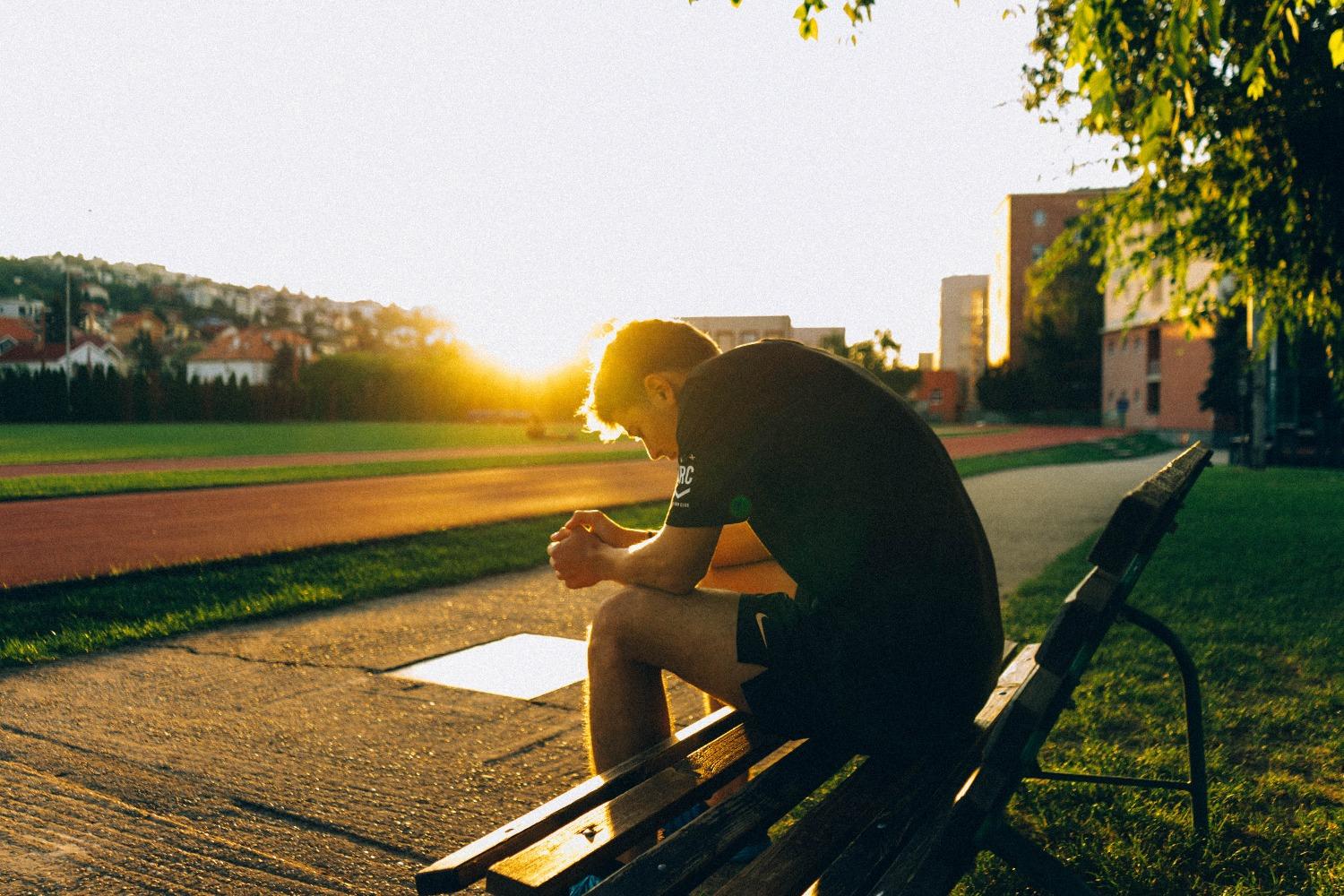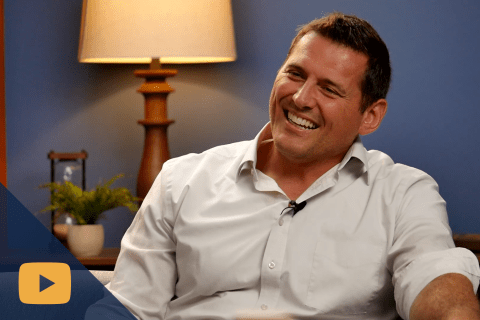
This article is the eighth in a series of nine on The Christian Athlete, authored by Dr. Luis Fernando Aragón-Vargas, professor of human movement science in the School of Physical Education and Sports at the University of Costa Rica.
It breaks my heart to watch an athlete fall during a race or get injured in one of the events in the Olympic Games. But even worse is watching them give up. I get it: if you are running the 800 meters and you trip and fall, there is no way that you will be able to make up the time you lost by running harder. Or is there? Eric Liddell is reported to have done just that, in the 400 meters in Stoke-on-Trent, in July 1923, where he won first place after falling in the race’s first bend. Another exception is Sifan Hassan who, during a qualifying heat in the 1500m in Tokyo 2020, fell with 400 meters to go, got up, and finished first! (Watch a video of it here.) Anyway, I understand why most athletes choose to give up, but it would be so much better for them if they got up again and ran swiftly for the finish line. Not doing so shows just how weak they are.
Yes, athletes are incredibly weak. Have you ever thought of yourself as vulnerable? Believe it or not, athletes are often considered to be a “vulnerable” group when it comes to ethics considerations in research with humans, together with children, prisoners, the elderly and mentally disabled. Individuals in these groups are often unable to give their voluntary consent to participate in studies. In the case of athletes, they may be considered “unable to consent” because peer pressure from teammates or coaches may be particularly high, or because the desire to win at all costs may push some of them to make bad decisions.
As an athlete, and precisely because you possess some of the qualities which make a good athlete, you are particularly vulnerable to becoming addicted: addicted to victory, to strength, to your own beauty and prowess, the lower goods that Bishop Robert Barron referred to during a conversation with Sal Di Stefano, from the popular podcast Mind Pump Media:
Let’s look at your weakness from another angle, one that reminds us of the previous reflection on idolatry:
Humans have an interesting obsession with high performance, beauty, and perfection; I guess it comes from being created in the image of God. How interesting, however, that the closer humans get to perfection, the more fragile they become! A simple muscle tear or the common cold can throw months of training in the trash. Maybe, because of sin, men and women are condemned to chaos and imperfection, and everything they do to achieve perfection is only a fruitless effort to escape their reality. Only in Christ, at the end of times, will humans achieve true perfection, where there will an end to injuries, sickness, and aging, where personal records will always improve, and where it won’t matter anyway, because we will be eternally in the presence of God (cf. Revelation 21:3-4).
Yes, in spite of their weakness, athletes are in a privileged position, if only they would pay attention to the words of Papa Montini to the cyclists competing in the 1964 Giro D’Italia:
To view the complete series with full citations as hosted by the University of Costa Rica, click here.

Coming Soon: Witnessing versus Privacy
How is the Christian athlete to embrace his or her podium in order to witness to the Gospel?

Previous: Me, Myself, and I
The life of an athlete is demanding, and the temptation to become overly focused on oneself is always present.

